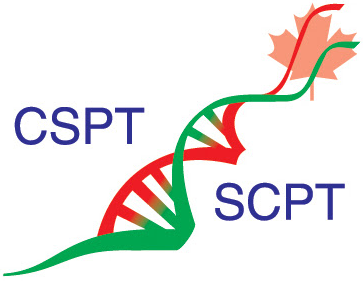Desensitization
Definition:
A process that results in a cell or tissue being less responsive to further stimulation after a cell or tissue has been exposed to an agonist. Multiple mechanisms of desensitization exist depending on the cell, tissue, receptor, and ligand type. Desensitization can result in transcriptional and translational changes that alter receptor levels and expression and may take hours or days. More rapid desensitization can also occur as a result of conformational changes at individual receptors or changes in receptor localization.

Relevance:
Desensitization can result in decreased therapeutic efficacy by limiting the drug response over time. Clinically, this can impact dosing requiring larger doses, drug holidays, or a combination of drug targets to achieve the desired therapeutic response over longer periods of time.
Linked terms: Tolerance, tachyphylaxis
Return to Glossary

